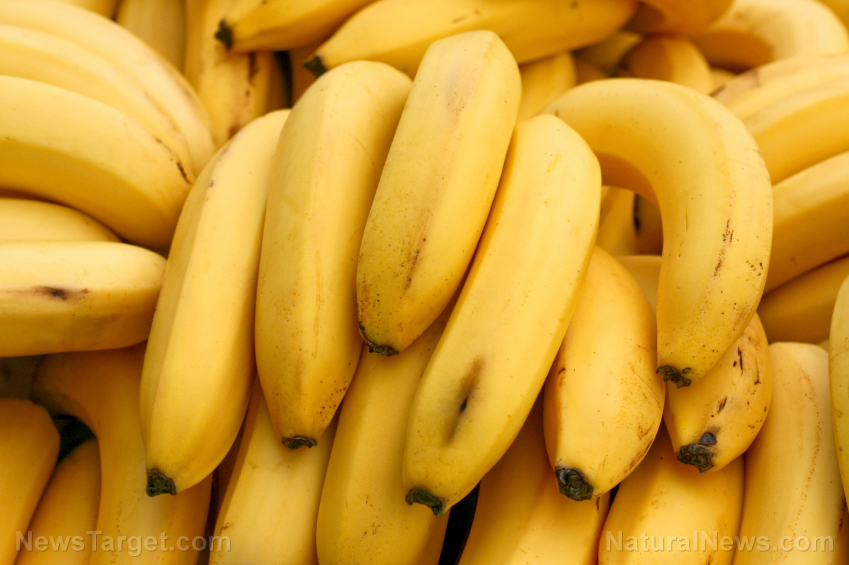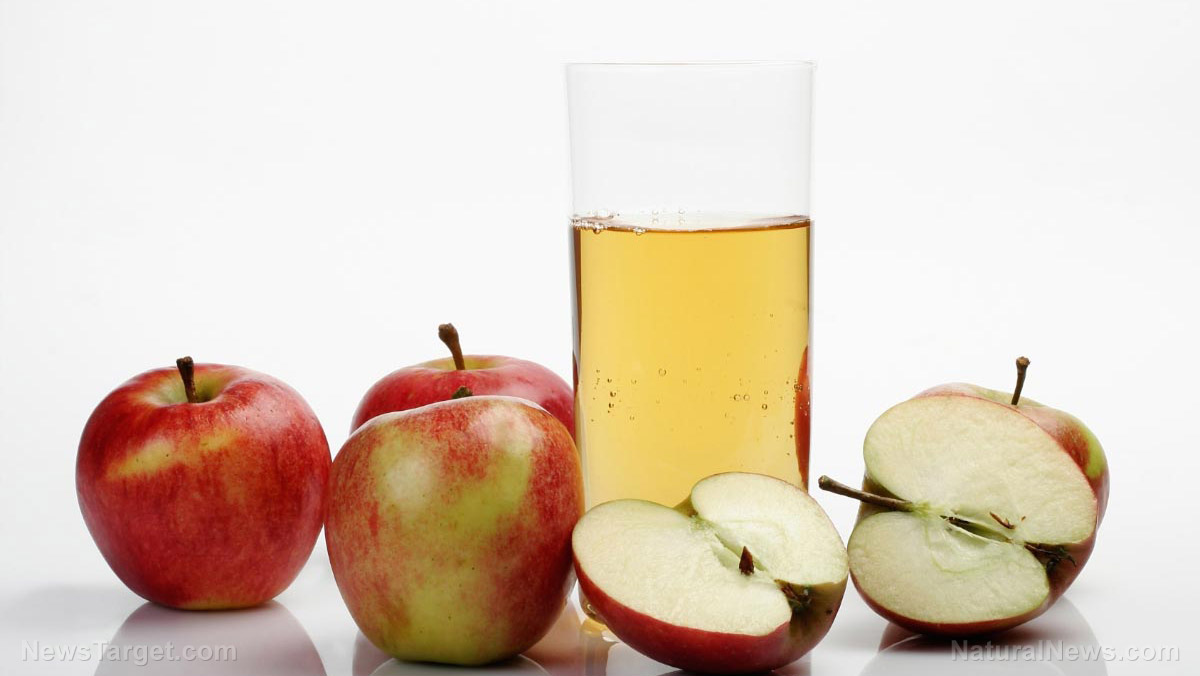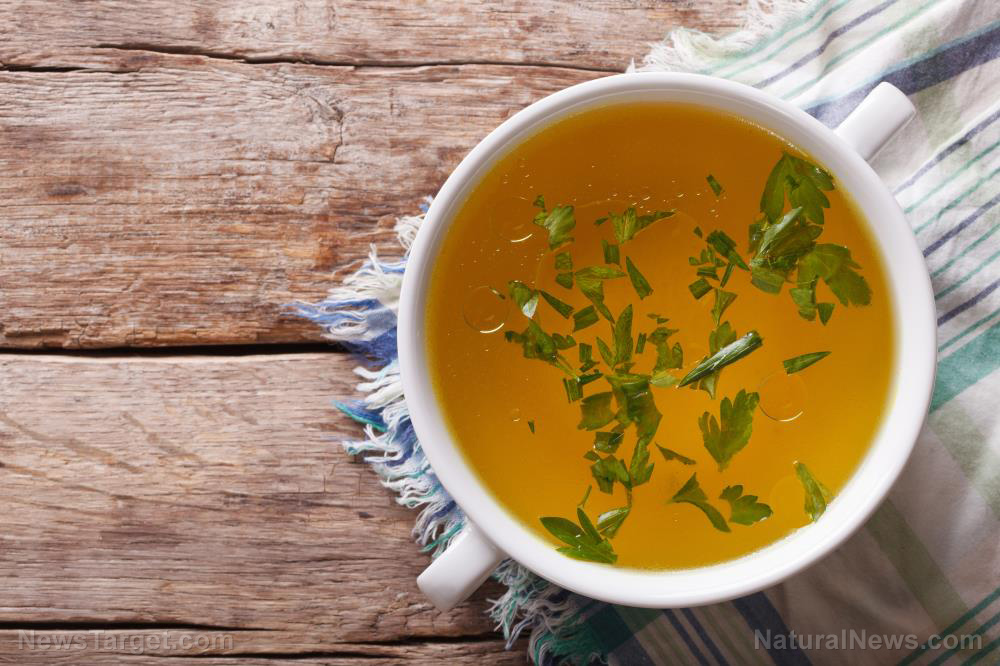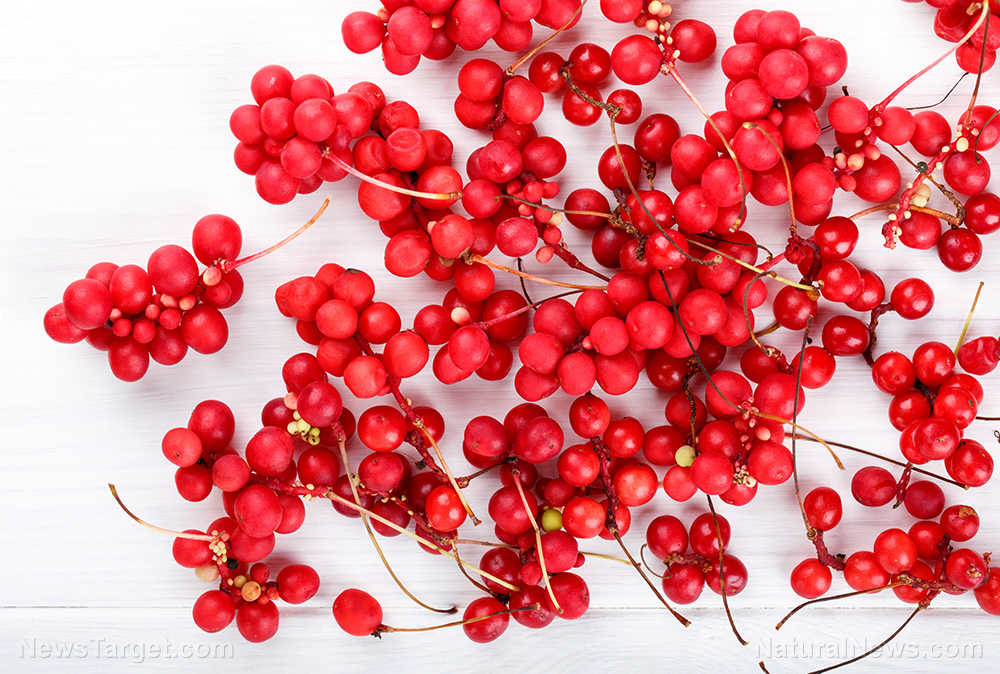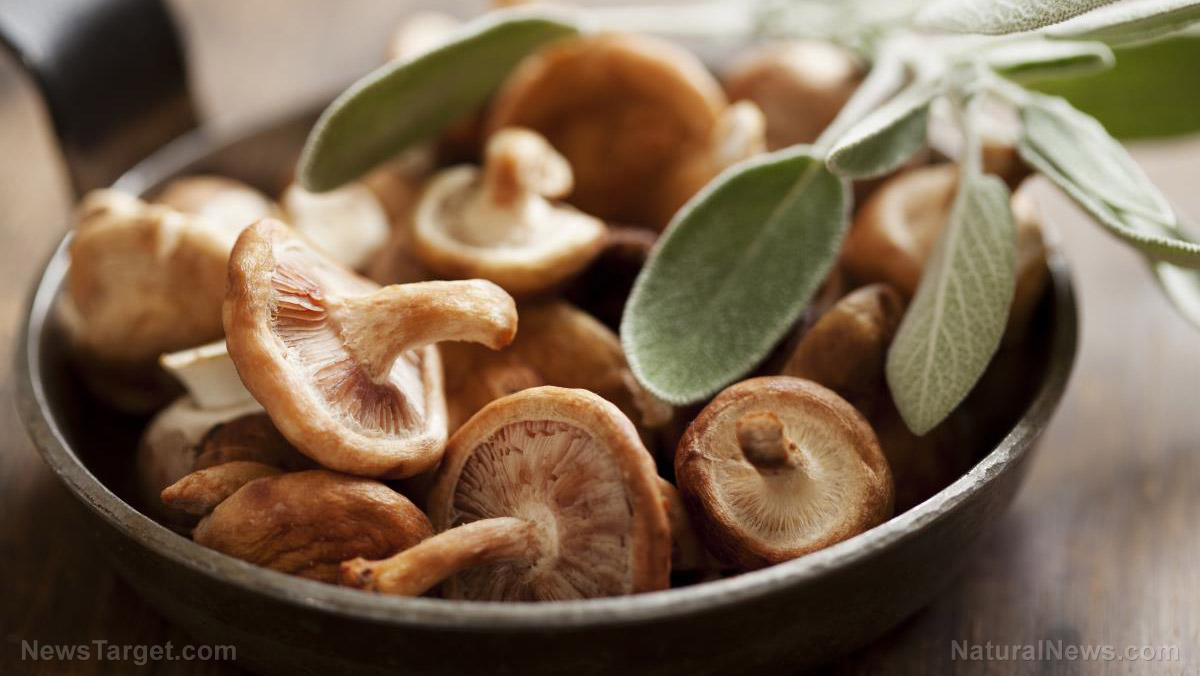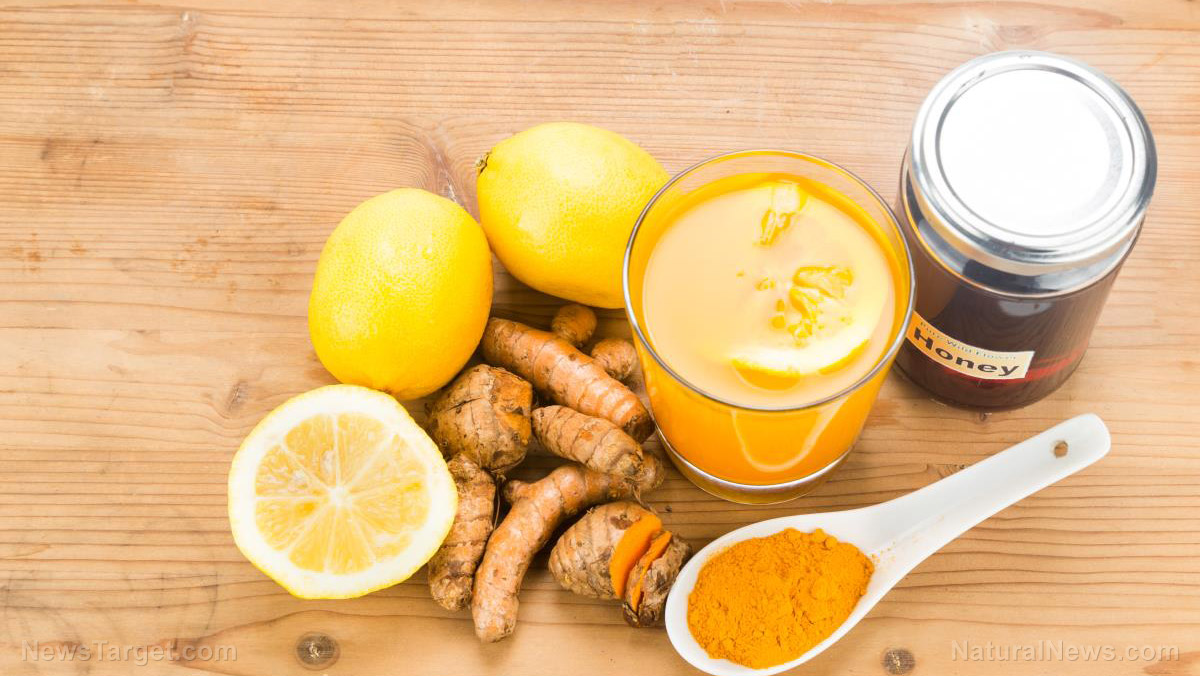Macular degeneration may be prevented by simply eating more leafy greens
04/25/2019 / By Michelle Simmons
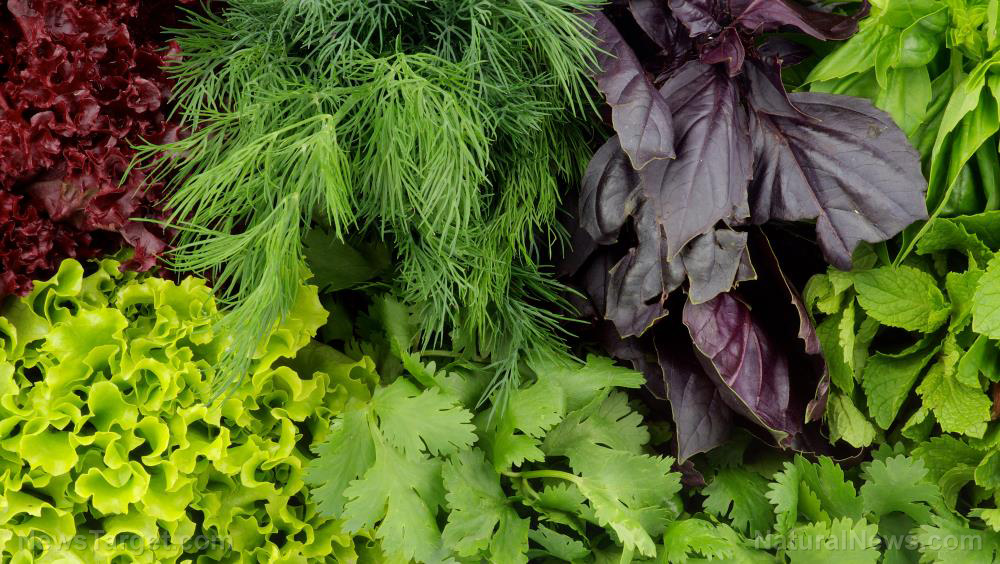
Macular degeneration is one of the leading causes of vision loss in older people. In the U.S., it affects 11 million people, and experts estimate that this number will double by 2050. To lower your chances of developing this eye condition, research suggests that you eat more leafy green vegetables.
Researchers attribute the eye-protective effects of leafy greens to their nitrate content. Nitrates, also known as sodium nitrates or NO3, are naturally occurring substances found in soil and in the vegetables that grow from nitrate-rich soil. Nitrates have gained a bad reputation because they are chemically reduced to nitrites or NO2, which are commonly added to meats and meat products such as hot dogs to preserve color and freshness. Both nitrates and nitrites have been a health concern because they promote the formation of potentially cancer-causing N-nitroso compounds in the body.
However, recent studies suggest that the conversion of dietary nitrate and nitrite to nitric oxide is beneficial for health, as this process has been shown to aid in the dilation and relaxation of arteries, reduction of blood pressure, and even in the prevention of heart disease. One study, which was published in the Journal of the Academy of Nutrition and Dietetics, showed that dietary nitrates from beets can significantly improve athletic performance.
Nitrates and eye health
Researchers looked at the effects of nitrates found in vegetables on the risk of developing macular degeneration in more than 2,000 Australians aged 49 and above. The researchers found that people who consumed between 100 and 142 milligrams (mg) of vegetable nitrates every day were 35 percent less likely to develop early age-related macular degeneration (AMD) compared to those who consumed less than 69 mg per day.
Eating leafy greens exhibited protective effects not only against AMD, but also against other eye health problems like glaucoma. Glaucoma is a type of eye disorder that involves the accumulation of fluid in the eye, which then damages the optic nerves and causes vision loss at the periphery of the visual field.
In another study, which was published in JAMA Ophthalmology, researchers looked at the dietary intake of nitrates of more than 100,000 participants aged 40 and above. The researchers found that participants who ate the highest amounts of nitrates from leafy greens — which is about 240 mg per day — had a 21 percent lower chance of developing glaucoma than those who consumed the lowest amount — which is 80 mg per day.
The researchers concluded that eating leafy green vegetables and beets can be a simple way to lower a person’s odds of developing early AMD and glaucoma. From this, scientists have reached a consensus that nitrates that naturally occur in vegetables are beneficial, whereas those found in processed foods are cancerous.
Arugula, rhubarb, cilantro, and butterleaf lettuce are some of the best plant sources of nitrates. Arugula contains 480 mg of nitrate per serving, while rhubarb, cilantro, and butterleaf lettuce offer 281 mg, 257 mg, and 200 mg, respectively. In addition to eating leafy greens, you may also lower your risk of developing AMD by maintaining a healthy weight, maintaining healthy blood pressure, being physically active, wearing sunglasses and hats outdoors, and getting regular eye exams.
Sources include:
Tagged Under:

